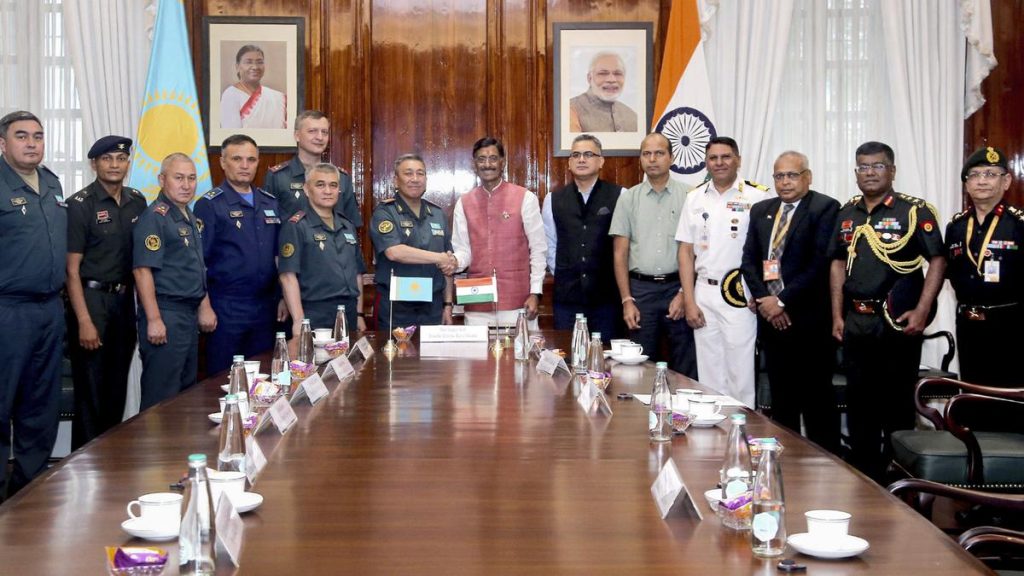Now Reading: Tribal Development Key to Andhra Pradesh’s Growth: NTR Collector
-
01
Tribal Development Key to Andhra Pradesh’s Growth: NTR Collector
Tribal Development Key to Andhra Pradesh’s Growth: NTR Collector
Quick Summary
- NTR District Collector G. Lakshmisha emphasized the importance of tribal development for a prosperous Andhra Pradesh on World Adivasi Day.
- Celebrations were organized by the district Tribal Welfare department at a government school in A.Konduru mandal, NTR district, Andhra Pradesh.
- Under the P4 programme, 86,000 ‘Bangaaru Kutumbaalu’ have been identified in the district; 20% of them are in tribal areas.
- Infrastructure development and establishment of ashram schools to provide quality education for tribal students are key priorities.
- Krishna water supply through Jal Jeevan Mission was assured to combat kidney diseases prevalent in some local communities; causes are currently under study.
- Efforts are ongoing to make the district illicit-liquor free under Navodayam 2.0 programme by the State government.
- kolikapudi Srinivasa Rao urged tribal youth to prioritize education and utilize welfare schemes aimed at their progress; also announced a mega job fair on August 22 in Tiruvuru Assembly constituency.
Indian Opinion Analysis
The focus on infrastructure advancement and educational reforms for tribal communities signals an attempt by authorities to address long-standing socio-economic disparities. Programmes like P4 and initiatives targeting health issues suggest tailored interventions aimed at improving quality of life within underserved populations. The proclamation regarding krishna water supply reflects proactive measures against critical health challenges such as kidney diseases, although successful implementation will depend heavily on consistent monitoring and execution.
Moreover, efforts like Navodayam 2.0 showcase intent toward addressing deeply rooted societal issues like illicit liquor consumption that often impact marginalized groups disproportionately. Calls for prioritizing education among youth underline its role as a cornerstone for sustainable progress-especially with opportunities such as job fairs enhancing upward mobility prospects.
While these initiatives appear promising their success is contingent upon effective governance and sustained citizen engagement across all phases.
Read more: [Link Placeholder]





















